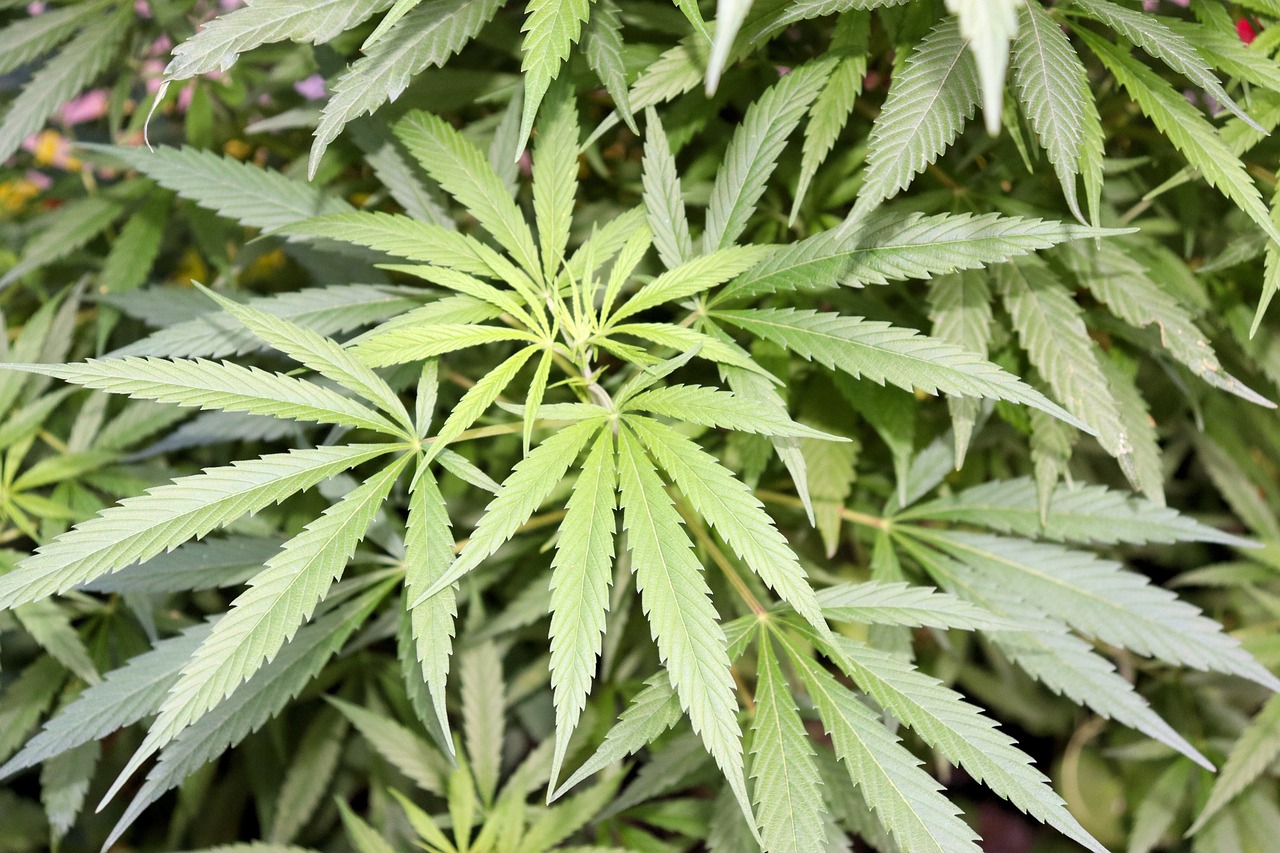The cannabis industry has seen a surge of innovation over the past decade, with new products and compounds continually emerging. One of the latest developments capturing attention is THCA flower. As the market evolves, understanding the potential and future of THCA flower and stress management becomes increasingly important for consumers, producers, and investors alike.
Understanding THCA: The Basics
THCA, or tetrahydrocannabinolic acid, is a non-psychoactive cannabinoid found in raw cannabis plants. Unlike THC, which is known for its psychoactive effects, THCA does not produce a “high” when consumed in its natural form. This distinction makes THCA an intriguing compound for those seeking the therapeutic benefits of cannabis without the psychoactive effects.
How THCA Converts to THC
THCA naturally converts to THC through a process called decarboxylation. This chemical reaction occurs when cannabis is exposed to heat, such as during smoking or cooking. The conversion is what typically leads to the psychoactive effects associated with cannabis consumption.
The Rise of THCA Flower
THCA flower refers to cannabis buds that are rich in THCA but have not undergone decarboxylation. This product is gaining popularity for several reasons:
- Non-Psychoactive Benefits: Consumers can enjoy the potential health benefits of cannabis without experiencing a high.
- Versatility: THCA flower can be used in various forms, including raw consumption, juicing, or as an ingredient in edibles.
- Legal Considerations: In some regions, THCA flower may be more accessible due to differing legal definitions and regulations compared to THC.
Potential Health Benefits of THCA
Research into the health benefits of THCA is still in its early stages, but preliminary studies and anecdotal evidence suggest several potential advantages:
- Anti-Inflammatory Properties: THCA may help reduce inflammation, making it a potential option for those with conditions like arthritis.
- Neuroprotective Effects: Some studies indicate that THCA could offer neuroprotective benefits, which might be beneficial for neurodegenerative diseases.
- Anti-Emetic Properties: THCA has shown promise in reducing nausea and vomiting, which could be helpful for patients undergoing chemotherapy.
Case Studies and Research
Several studies have begun to explore the potential of THCA. For instance, a study published in the British Journal of Pharmacology highlighted THCA’s anti-inflammatory properties. Another research project conducted by the University of Guelph examined THCA’s potential in reducing nausea, providing a foundation for future clinical trials.
These studies, while promising, underscore the need for more comprehensive research to fully understand the scope of THCA’s benefits and applications.
Challenges and Considerations
Despite its potential, THCA flower faces several challenges:
- Regulatory Hurdles: The legal status of THCA varies widely, complicating its availability and distribution.
- Lack of Standardization: Without standardized testing and labeling, consumers may find it difficult to assess the quality and potency of THCA products.
- Limited Research: More studies are needed to validate the therapeutic claims associated with THCA.
The Future of THCA Flower
The future of THCA flower looks promising as the cannabis industry continues to innovate. Several trends and developments could shape its trajectory:
- Increased Research: As interest grows, more research will likely be conducted, leading to a better understanding of THCA’s benefits and applications.
- Product Development: Companies may develop new THCA-based products, expanding its use beyond traditional flower forms.
- Regulatory Changes: As more is understood about THCA, regulations may evolve, potentially increasing its accessibility.
Conclusion
THCA flower represents a fascinating development in cannabis innovation, offering potential health benefits without psychoactive effects. While challenges remain, ongoing research and evolving regulations could pave the way for broader acceptance and use. As the industry continues to grow, THCA flower may become a significant player in the cannabis market, providing new opportunities for consumers and businesses alike.
